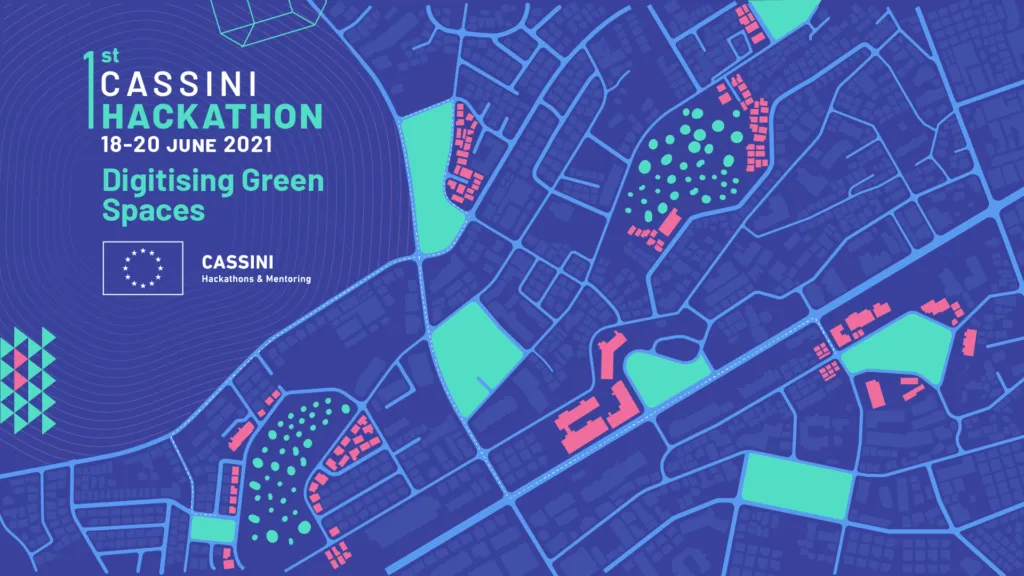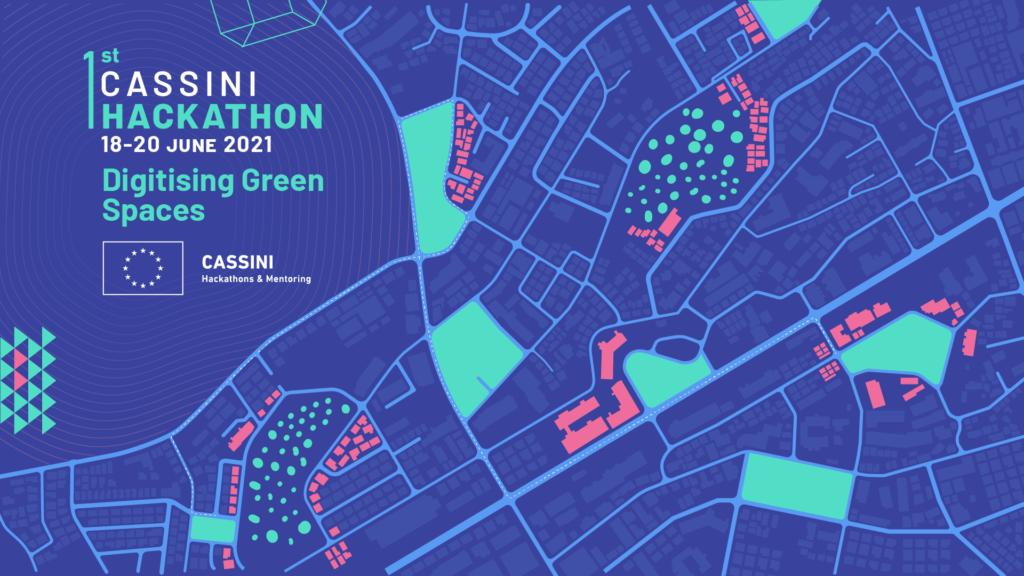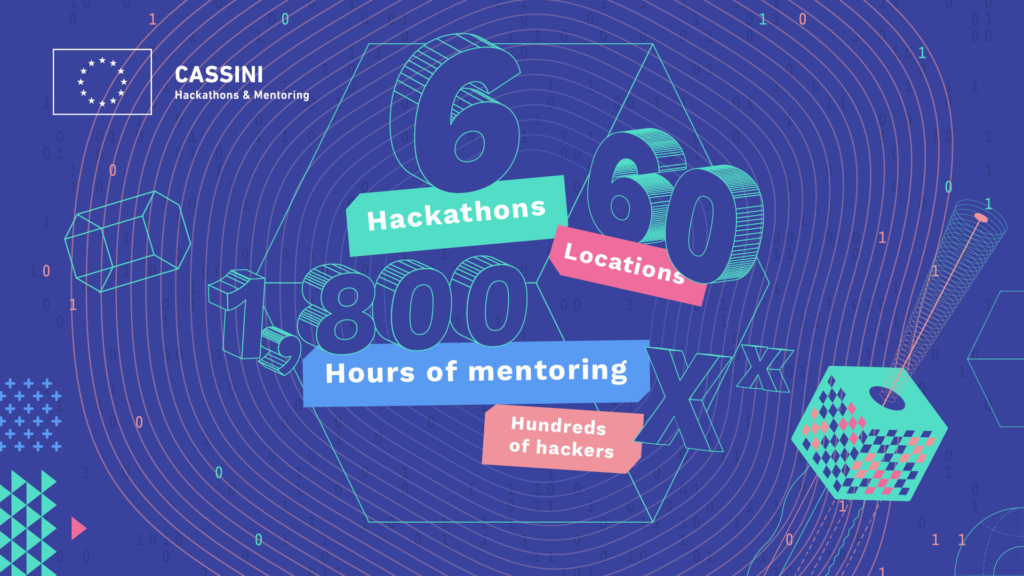Who knew that space technologies could give us a better understanding of how to protect our environment here on Earth?
Earth observation and space technologies have made it easier than ever to visualise and understand global challenges affecting nature. This allows us to build solutions that solve issues like vegetation changes and increasing air pollution.
Hackers in 10 cities across Europe will have an opportunity to build one of those solutions on 18-20 June at the first of six CASSINI Hackathons. This 3-day event will focus on digitising green spaces to benefit several outcomes related to daily life and resource conservation.
Created by the European Union, the CASSINI Hackathons and Mentoring events challenge participants to use Copernicus Earth Observation data and positioning technologies from Galileo and EGNOS to build their solution. They’ll also have access to technical and business experts for support during the event.
Hackers will compete in teams for prizes at the local and European level, and the 10 winners from each city will progress to a demo day and award ceremony. The top three teams will receive 100 hours of expert mentoring each to grow their projects into businesses.
Where and How to Compete
Local organisers will host all 10 events simultaneously in Cyprus, Czech Republic, Estonia, France, Greece, Ireland, Netherlands, Portugal, Slovenia and Switzerland. Participation requirements include living in an EU member state, Switzerland, Norway or Iceland.
To compete, hackers will join a team and select one of three challenges. The challenges require them to design products, devices or services with a specific goal:
- Discover your city: enable urban citizens to better understand their city and its green spaces. Focus on supporting urban planning, discovering green factors that contribute to residential area life or promoting ecological sustainability.
- Staying fit and healthy: support city dwellers in keeping their bodies and minds healthy. Focus on mapping and accessing green spaces for outdoor activity, forecasting air pollutants or understanding and monitoring UV exposure.
- Protecting our rural areas: promote the digitalisation of open and forested green spaces. Focus on conservation, ensuring healthy and resilient forests or developing new green spaces in underdeveloped areas.
Although tackling these challenges may sound complex, hackers don’t need any previous space technology experience to participate. The hackathon will also provide everything needed to compete, including virtual storage, computational resources and a code repository.
If hackers are still worried about competing with no earth observation or space technology experience, the organisers have that covered. There’s free training for the hackathon tools available online.
Don’t Miss Your Chance to Attend
The CASSINI Hackathons and Mentoring events are spreading awareness and accessibility of space technology to protect the world’s natural spaces. Don’t miss the chance to impact the health of our planet and grow a sustainable business in the process.
Hackers can register online for the event, and those interested in organising future hackathons can submit an application.
Keep up with the innovative projects underway during the hackathon by following #CASSINIHackathons on Twitter.










